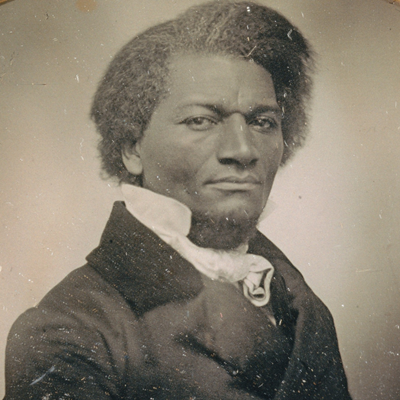
"If you want to be seen as a leader, work on your public speaking skills."
– Research News from the University of Buffalo
Do extroverts have an advantage in the workplace? What's the best way to predict who will emerge as a leader in your company?
These are some of the questions explored in a paper for the Journal of Applied Psychology co-authored by University of Buffalo School of Management professor James Lemoine.
The paper looks at two studies involving more than 600 people working in 140 teams and concludes: Communication skills, not personality, most consistently determined who was perceived as a leader.
Why we think extroverts have an advantage
One assumption the studies wanted to address: Extroverts have a natural advantage when it comes to leadership.
It's easy to see why we might think that. Extroverts are outgoing and talkative. They seem to enjoy communicating, so why wouldn't they be better at it?
Yet, we also see the problem with this thinking all the time at The Buckley School. Just because you're eager to speak doesn't mean you have a clear message or the ability to connect with an audience and influence them.
Or as Lemoine tells writer Matthew Biddle for an article published by the University of Buffalo, "Like other personality traits, extroversion reflects an inclination to engage in those behaviors—not necessarily the ability to do so successfully."
What the real advantage looks like
Communication is a skill not a talent you're born with, a point we make frequently in our programs. And while some have more natural abilities and inclinations than others, we see every week how a person who isn't a "born public speaker" can excel.
Strong communication happens when you can craft a clear, concise message that engages your audience. And that message is further enhanced by delivery that makes it easy for the audience to follow and that demonstrates your energy and confidence.
Our experience shows there's no one way to accomplish these goals. And that means every person has the opportunity to develop their strengths and the skills they need—even introverts.
Lemoine makes similar conclusions after reviewing the data: "Employees who learn to speak with confidence and clarity, and use appropriate nonverbal cues, will be more likely to be seen as leaders when working in teams."
How communication sets you apart
One of the primary reasons a company works with our school is to help talented people become ready for the next step within the company—and their careers.
Talent and experience have made the employee a valued team member. What will help that employee maximize their capabilities is the ability to present complex ideas and inspire others?
Often, it's the ability to present effectively to groups small and large.
"For organizations, studies show communicating effectively can positively influence job performance and other critical outcomes—making training programs focused on communication skills a good investment in their success, too," says Lemoine.
Learn more:
Find the paper co-authored by Lemoine here. It looks at two studies led by Tyree Mitchell, a professor from Louisiana State University’s School of Leadership and Human Resource Development. Mitchell is also a co-author of the paper.
Find our tips for introverted speakers here.
And for delivering with confidence, check this out.






